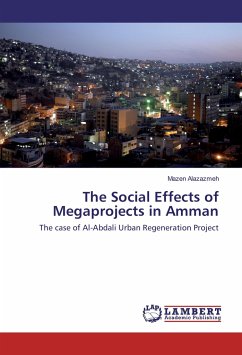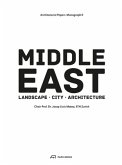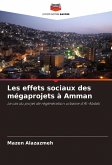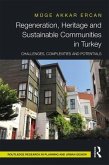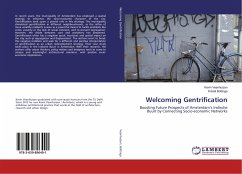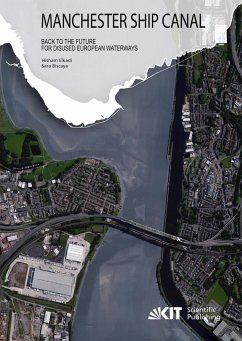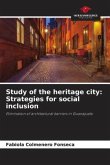The increase in economic globalization and neoliberal planning have drastically shaped the growth of contemporary cities across the globe. Whereas too much ink has been spent on the effects of this planning type on the built environment in the Global North, little has been done on Middle Eastern cities. Over the past two decades, numerous urban developments introduced under neoliberal planning settings through partnerships of multinational corporations and the state have majorly contributed to the urban transformation of Jordan, especially its capital Amman. Such megaprojects might show resemblance in style and function to others throughout the world, yet their processes and influences differ. Dominating Amman's real estate development projects, Al-Abdali Urban Regeneration project has had the most impact on the structure of the city so far. The project has introduced multiple socio-economic challenges and issues, discouraging its integration within the local fabric. This work investigates those impacts through carrying out an in-depth analysis of the case study, concluding the need of a more sensitive approach in planning that pays tribute to the existing context.
Bitte wählen Sie Ihr Anliegen aus.
Rechnungen
Retourenschein anfordern
Bestellstatus
Storno

